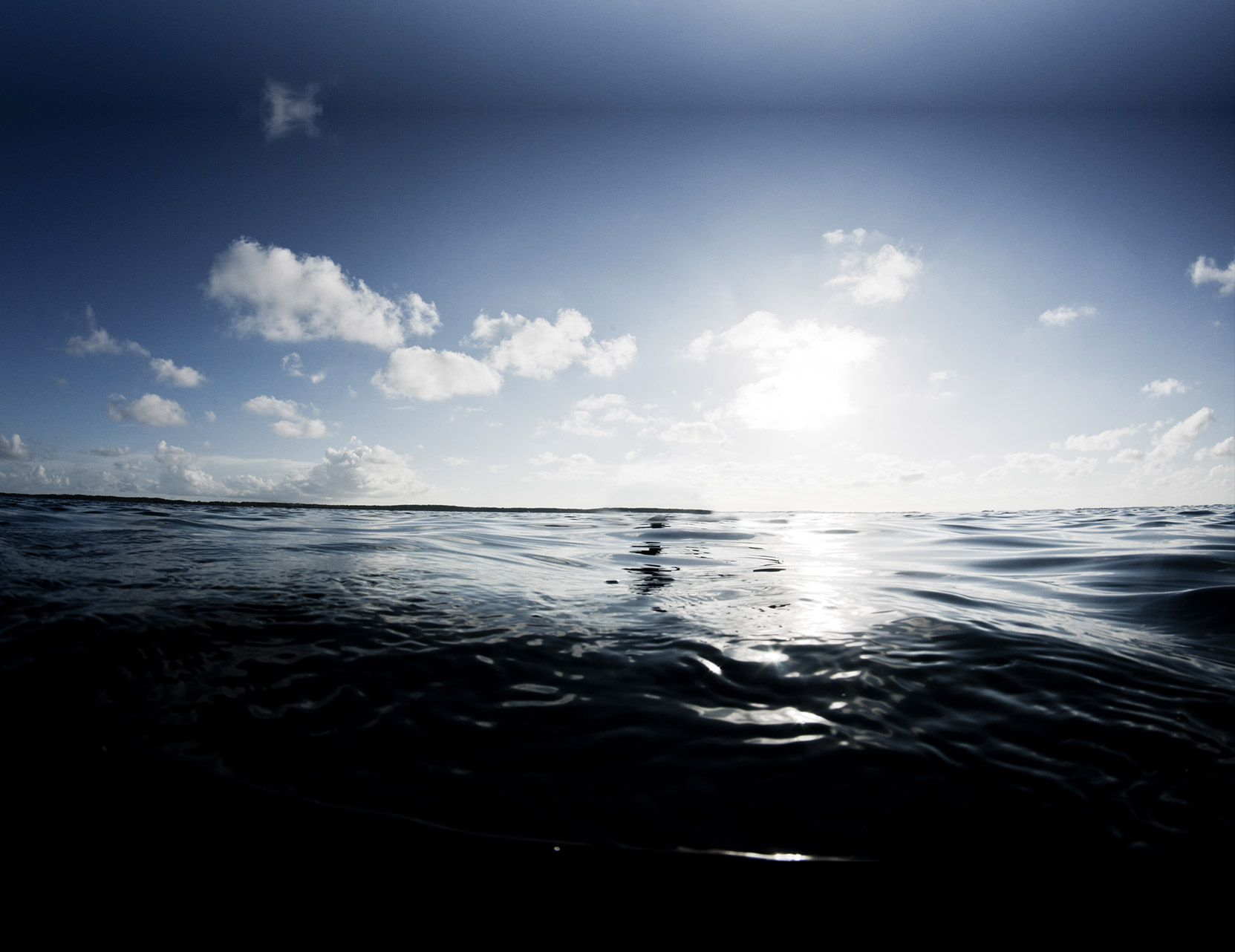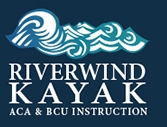Open Water Training Agenda
Skills and concepts, to include:
Communication and signaling (VHF radio protocol / pyrotechnics / smoke)
Basic field repair
Nautical rules of the road
Situational awareness
Avoidance, assessment and management of minor injuries
Avoidance, assessment and management of coldwater shock, hypo/hyperthermia
Appropriate leadership, judgment and group management in a variety of open water coastal environments
| TECHNICAL KNOWLEDGE | ||
| Equipment: working knowledge of paddling equipment | ||
| Safety: understand the dangers of kayaking and how to avoid trouble | ||
| Cold Water Shock / Hypo / Hyperthermia | ||
| Environmental Issues | ||
| Trip Planning | ||
| Group Awareness | ||
| Group Leadership | ||
| Marine Environment: effects of wind, tide, land masses and current | ||
| Knots: bowline / figure 8 / clove hitch / round turn / two-half-hitches / trucker’s hitch | ||
| Repairs in the Field | ||
| Packing / Trimming of the boat | ||
| Navigation- Charts- Compass use
|
||
| Rescue Aides- Visual- Auditory
|
||
| Nautical Rules of the Road | ||
Be Prepared for:
Working with current
Navigation Talk
Preparation for inlet paddle
Determination of eddies etc..
Crossing channels with current
Dealing with overfalls
Standing Waves (inlet mouth)
Discussion of Group Management in inlet
Launch to overfalls
Practice ferrying
Circles in eddy
Crossing of inlet mouth and practice in standing waves
Taking turns landing group through surf
Demo of proper technique
Talks – Beach Dynamics, launching and landing
Practice launching group
Establishing a launching & landing drill
Head out to shoals (if conditions warrant)
Towing in swells
Rescues in rough water
Return back through inlet with incoming tide
Practice surfing Inlet waves
Possible on-water scenarios

